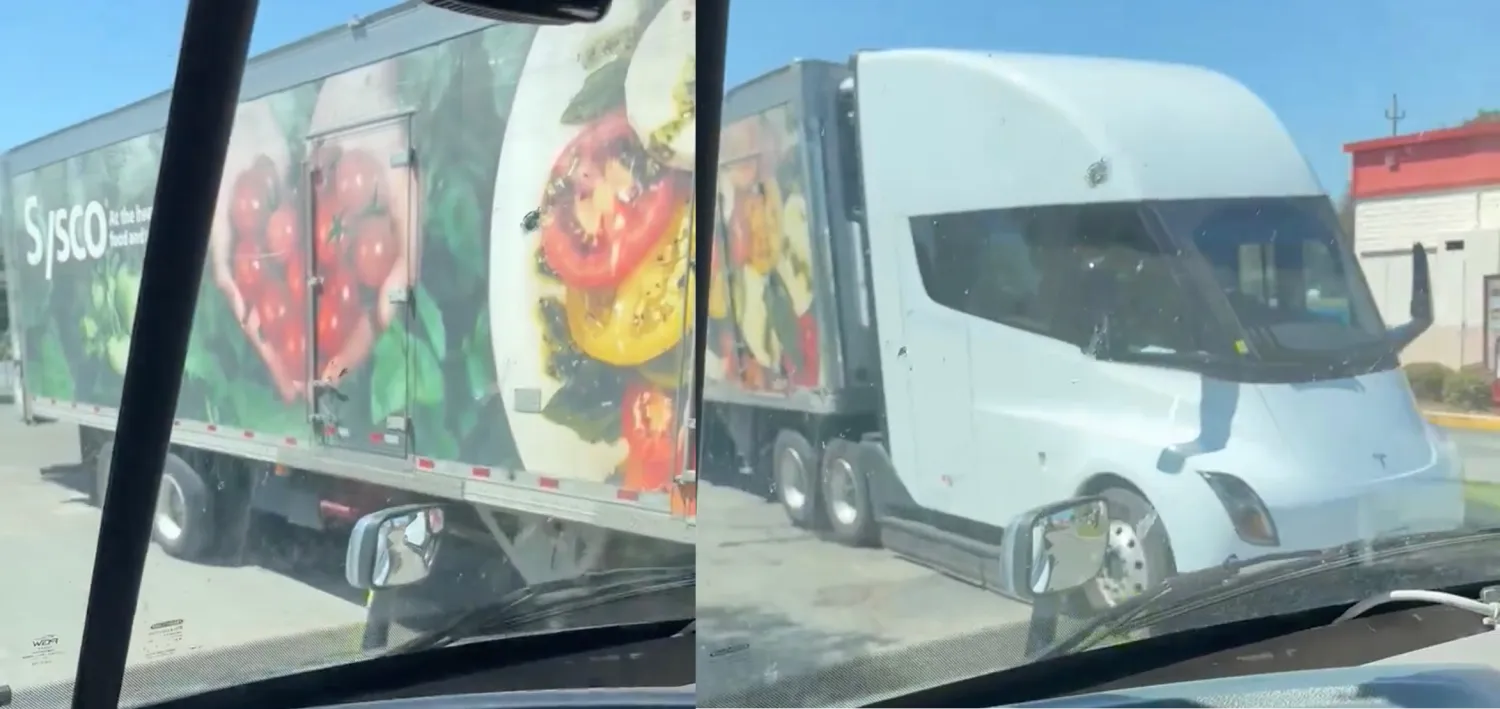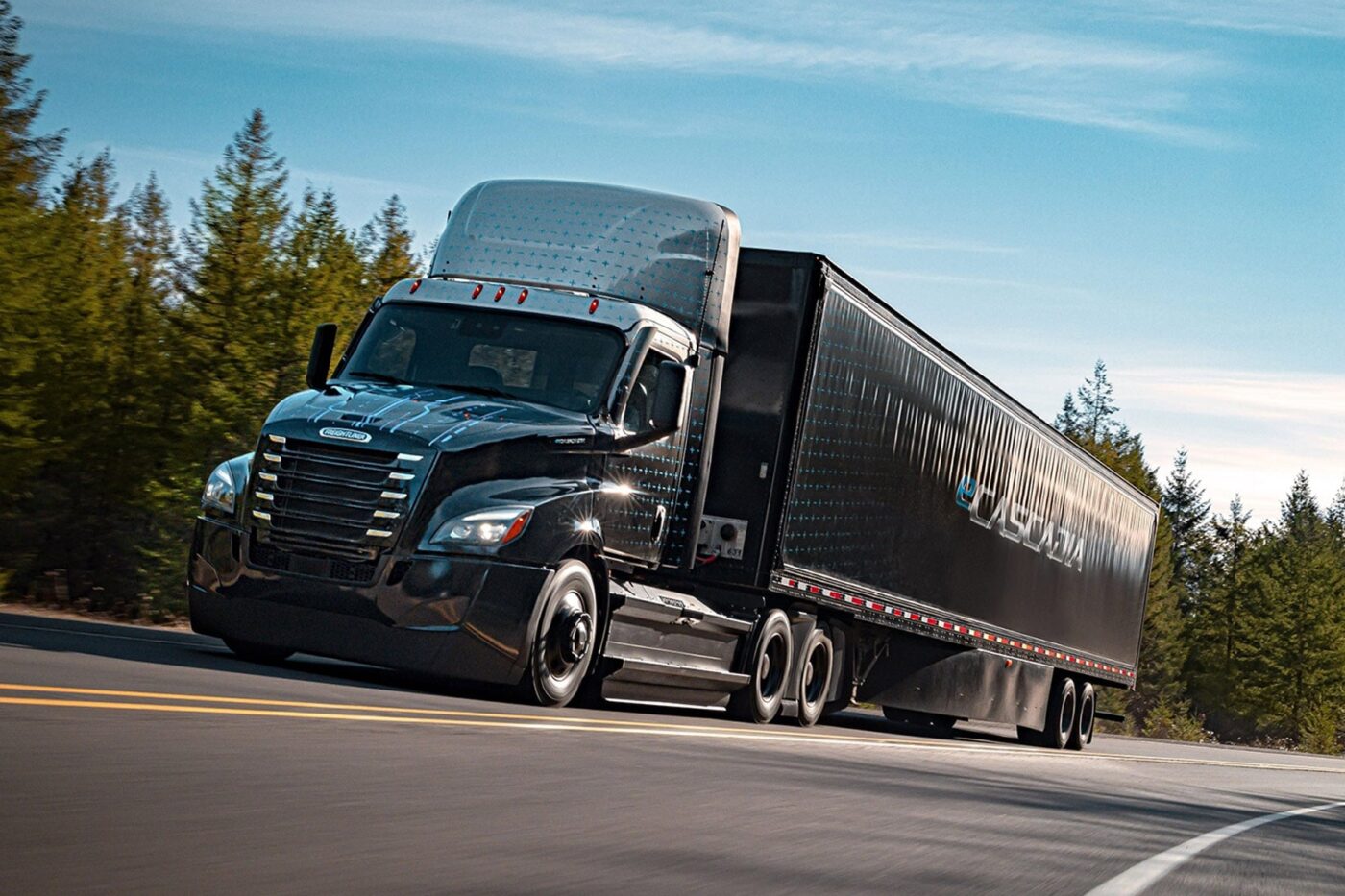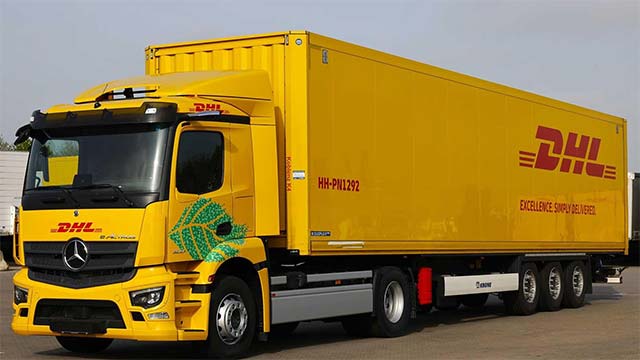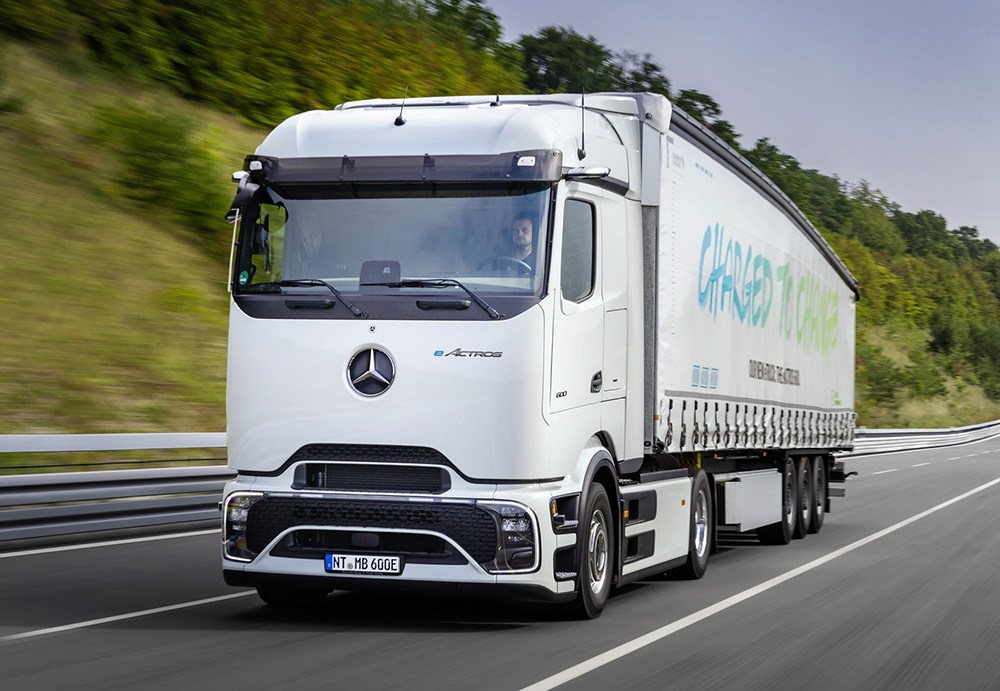Tesla’s Semi was recently spotted in use by Sysco, a major food distributor in the United States. This development marks a notable shift from the program’s previous limited scope, primarily involving internal use and a single major customer, PepsiCo.
Despite entering production over a year ago, the Tesla Semi program has been characterized by its constrained rollout. Initial reports in October 2023 indicated that Tesla had produced approximately 70 Semi trucks, primarily for internal use and deployment with PepsiCo, its main customer for the vehicle.
Tesla’s plans to scale up production were expected to materialize at its Gigafactory Nevada expansion, announced the previous year. However, progress on this front was slow, with construction on the project commencing only recently.
A friend of mine who works for US Foods sent this video to me. pic.twitter.com/LjPVb1d7O0
— Richard Garcia (@ricardgarciahoe) April 27, 2024
While Tesla had previously conducted a pilot program with Martin Brower (MB), another customer, Sysco’s involvement marks a significant step in diversifying the Semi’s customer base. Sysco had announced a reservation of 50 Tesla Semis following the vehicle’s unveiling in 2017.
“Sysco Corporation (NYSE:SYY), the leading global foodservice distribution company, announced yesterday at its Investor Day in New York, that the Company has placed a reservation for 50 of Tesla’s new fully-electric Semi tractors,” as per Sysco’s original statement.
The recent sighting of a Tesla Semi being used by Sysco in California underscores the company’s commitment to incorporating sustainable transport solutions into its operations.
Tesla’s updated production timeline now targets the electric truck to enter volume production by late next year, with broader customer deliveries slated to commence in 2026. The Semi boasts a range of 500 miles on a single charge with a full load, according to Tesla.
With the expansion of customer trials to include Sysco, Tesla’s Semi program appears poised to accelerate its integration of electric semi-trucks into commercial fleets, signaling a promising development for sustainable transportation in the logistics industry.







